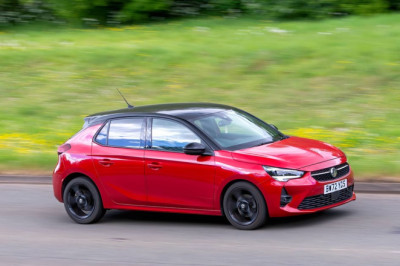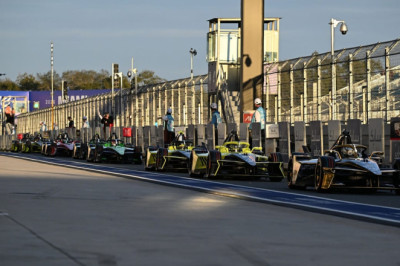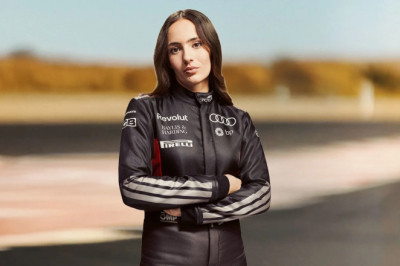
Porsche has come to grips with the reality that EV uptake isn’t progressing as rapidly as anticipated a few years ago. In early 2022, outgoing CEO Oliver Blume projected that as many as 80 percent of new car sales would be fully electric. That ambitious target is no longer in place, and the new plan is simple yet effective: giving people what they want.
Australia’s Drive magazine spoke with Porsche’s local Chief Executive Officer and Managing Director, who revealed the updated strategy is to cater to both sides. Daniel Schmollinger said the intent is to provide “freedom of choice for the customer depending on where they stand in terms of being ready for electric or still loving petrol [models].”
As a member of the Volkswagen Group, Porsche is in a fortunate position to remain flexible and respond to varying customer tastes. For example, it’s fast-tracking the development of a new gas crossover related to the Audi Q5 to replace the original Macan. Originally not part of the plan, the confirmed successor, which won't be called Macan, is expected to ride on the Premium Platform Combustion (PPC) already used by several Audi models.
Speaking of gas engines, the Cayenne and Panamera will keep their big ol’ V-8 well into the next decade. The next Boxster and Cayman will be mostly electric, but the top versions will retain a combustion engine, possibly a hybrid flat-six adapted from the 911 GTS. Whatever the future holds for the 718, it will be outlived by the 911. Zuffenhausen has repeatedly said it wants the iconic 911 to go down in history as the brand’s final combustion-engine car.
For those ready to switch to electric, the second-generation Macan and Taycan will be joined later this week by an electric Cayenne. Codenamed “K1,” a future three-row SUV will offer both ICE and EV derivatives, despite earlier plans to sell the luxobarge exclusively with electric drivetrains.
Schmollinger argued Porsche can align its product portfolio to satisfy demand:
'We don’t judge, whatever you feel like is fine for us, and we are in a position from a production point of view to react to what the market wants.'
But a notable void in the portfolio is looming. The first-generation Macan will be discontinued in mid-2026, and a replacement isn’t due until 2028. The gap will put a serious dent in volume, considering the smaller of Porsche’s two crossovers has always been near the top of the sales rankings. The ICE Macan’s absence is already being felt in Europe, where the model had to be discontinued last year for failing to meet new cybersecurity regulations.
With the VW Group’s backing, Porsche is strong enough to bounce back after grossly overestimating the rise of EVs. But the bigger picture matters, especially with the European Union dead set on abolishing sales of new combustion-engine cars from 2035. That mandate is one of the main reasons so many legacy automakers are aggressively pushing EVs. Additionally, stricter EU regulations are forcing companies to sell more electric cars to lower their fleet emissions and avoid hefty fines.
All told, automakers are caught between a rock and a hard place. EVs are still nowhere near as profitable or as popular as gas cars, yet they’re a necessity from a regulatory standpoint.














